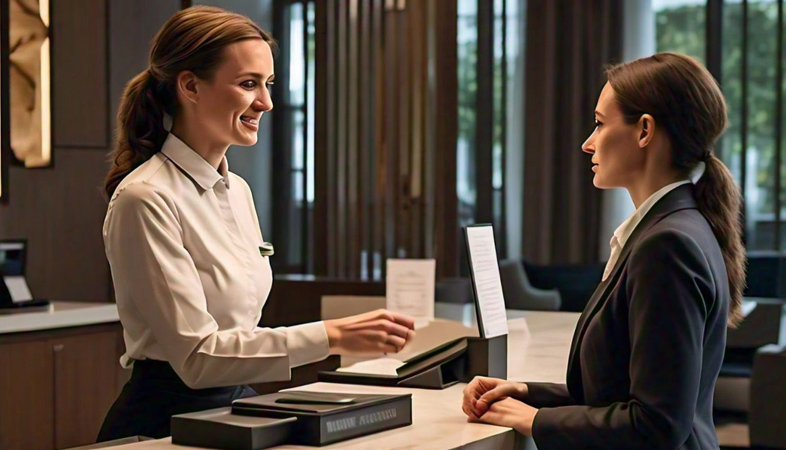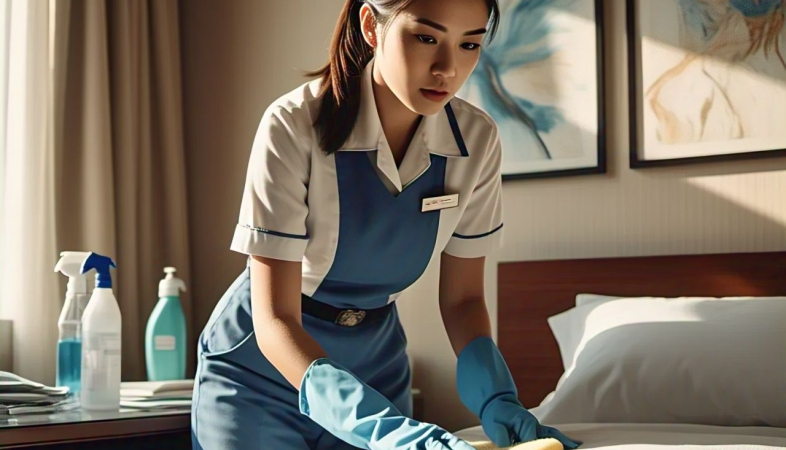Front Office Automation: How AI and Robotics are Transforming Operations
In front office automation driven by AI and robotics represents a transformative shift in hospitality operations.
In the dynamic landscape of hospitality, front office
automation powered by Artificial Intelligence (AI) and robotics is
revolutionizing traditional operations, enhancing efficiency, and elevating
guest experiences. These technologies are reshaping how hotels manage check-in
processes, guest interactions, and overall operational workflows, ushering in a
new era of innovation and convenience.
AI-driven solutions are streamlining check-in and check-out processes, allowing guests to bypass traditional queues and enjoy a seamless arrival experience. Virtual assistants equipped with natural language processing capabilities can handle reservations, provide personalized recommendations, and respond to inquiries in real-time, enhancing customer satisfaction and reducing staff workload.
Moreover, AI-powered analytics are transforming customer service by analyzing guest preferences and behaviors. This data-driven approach enables hotels to anticipate guest needs, personalize experiences, and offer targeted promotions, ultimately fostering loyalty and enhancing revenue opportunities.
Robotics are also playing a pivotal role in front office operations, particularly in tasks such as room service delivery, housekeeping assistance, and luggage handling. Robots equipped with navigation systems can autonomously navigate corridors, deliver items to guest rooms efficiently, and even interact with guests through programmed responses.
Furthermore, facial recognition technology is revolutionizing guest recognition and security. Integrated with AI algorithms, facial recognition systems can streamline check-in processes by identifying guests upon arrival, eliminating the need for physical identification documents and enhancing security protocols.
The integration of AI and robotics in front office operations extends beyond guest interactions to include operational efficiencies. Predictive analytics and machine learning algorithms optimize inventory management, staffing levels, and maintenance schedules based on historical data and real-time demand forecasts, ensuring efficient resource allocation and cost savings.
Despite these advancements, the human touch remains indispensable in hospitality. While AI and robotics enhance operational efficiency, human staff continue to play a crucial role in providing personalized service, resolving complex inquiries, and creating memorable guest experiences that go beyond automated interactions.
Looking ahead, the ongoing evolution of AI and robotics in front office automation promises further advancements. As technologies mature, hotels can expect increased customization, enhanced integration across platforms, and expanded applications in areas such as environmental sustainability and energy efficiency.
In front office automation driven by AI and robotics represents a transformative shift in hospitality operations. By embracing these technologies, hotels can enhance efficiency, elevate guest experiences, and maintain a competitive edge in an increasingly digital and customer-centric industry landscape. As these innovations continue to evolve, their potential to redefine hospitality standards and shape future guest expectations remains profound.
.png)





























